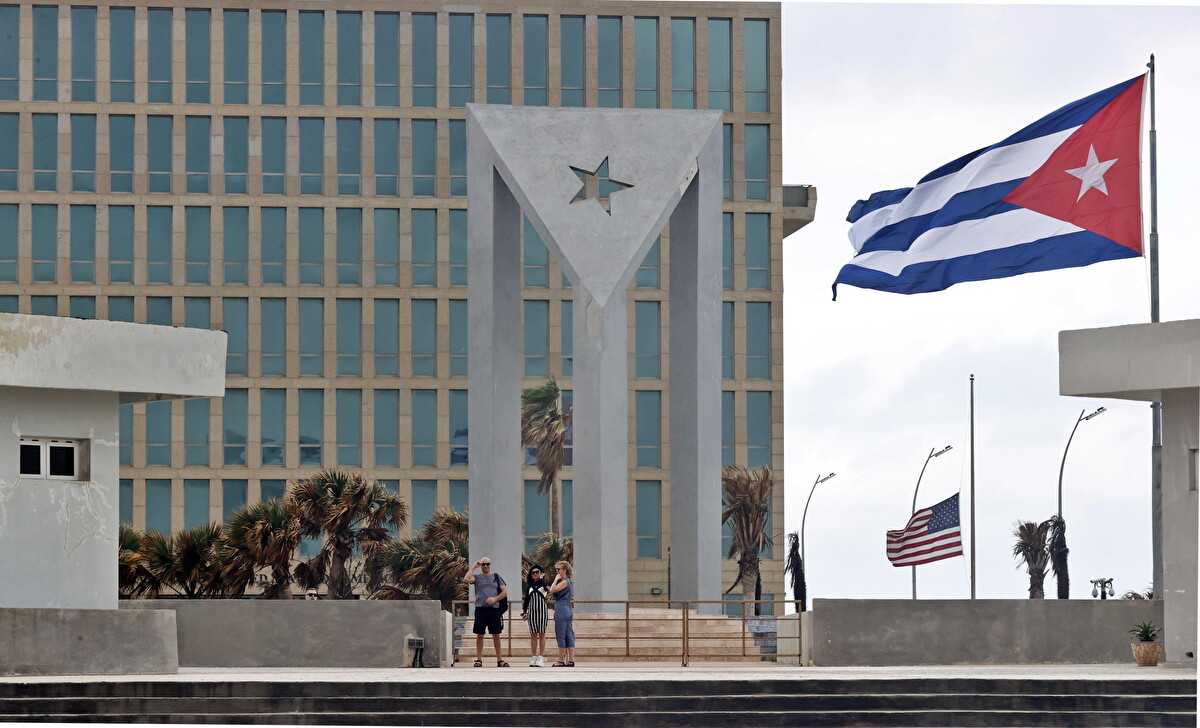With a libretto by Luigi Ballerini and music by composer David Winkler, it will have its world premiere on May 22, 2025, at 7:30 PM at St. Jean’s Theatre. The production is presented by Casa Italiana Zerilli-Marimò (NYU), with support from the New York State Council on the Arts. The performance will be conducted by Enrico Fagone, directed by Stefanos Koroneos, and features the Long Island Concert Orchestra. A young, international cast will perform with English surtitles. Admission is free for Casa Italiana members. “Rossini Perduto” explores a provocative idea: what happens when genius steps back? We spoke with Luigi Ballerini about the work.
At the heart of the opera is… an opera that was never written. Why start there?
Because we’re drawn to what didn’t happen. Rossini Perduto was born out of a missed opportunity: a dinner in 1840 between Rossini and Alexandre Dumas, during which Dumas pitched him a gothic opera. Rossini was intrigued—he even improvised an overture at the piano… and then, nothing. No music, no libretto. It wasn’t until nine years later that Dumas published a short story about it in Le Constitutionnel. In the opera’s second act, we recreate that dinner—a moment when Rossini, even if briefly, seems to rekindle his creative fire. But the spark fades. From that silence, this opera emerges. It’s not a tribute, and it’s not historical reconstruction—it’s a creative act. It imagines the opera Rossini and Dumas never made. Because an unfinished idea doesn’t have to stay unfinished. It can be reborn, if someone decides to listen to it.
Act One is set up like a talk show hosted by Minos, with guests like Beethoven, Wagner, Colbran… a deliberate provocation?
Yes, but it serves a purpose. We chose the format of a talk show to stage a kind of public debate around the “Rossini case,” as if it were still unresolved. Minos—the infernal judge from Dante’s Divine Comedy—is the ideal host: he listens, questions, guides, but never imposes. Around him sit characters who knew Rossini or represent different sides of him: Beethoven, stern and impatient; Wagner, surprisingly admiring; Stendhal, the disenchanted intellectual; and Colbran and Pélissier, the two great women in his life, who bring a more intimate and emotional voice. This setup allows us to explore not one truth, but multiple readings of Rossini’s creative silence.
Rossini stopped writing operas at 36. Is the opera trying to explain why?
Yes—but without offering just one answer. Rossini Perduto revolves around the mystery of his silence.
In the first act, different theories are debated: burnout, escape from fame, a radical choice for freedom. Rossini didn’t abandon music—he continued composing for himself, away from the spotlight. As Olympe Pélissier puts it, he built his own “prison,” and chose it over escape. Some even imagine he was frightened by his own genius.
Whatever the reason, that silence becomes an act of refusal—maybe the only way to stay whole.
How does the opera portray Rossini?
As someone fully aware of who he is. Ironic, disenchanted, but clear-eyed. He knows he’s a giant, yet he chooses to step aside. He doesn’t chase success—he prefers everyday pleasures like cooking and conversation over theatrical triumphs. He’s not a recluse, but an artist who chooses to say “no” to the pressure of always living up to expectations. His inactivity becomes a form of resistance—measured, coherent, deeply human.
In the third act, two friends swear eternal love. Is this also a reflection on identity?
Beppo and Gaetano share more than friendship—it’s a bond that transcends death, a love that defies easy labels. Their vow is also a meditation on identity—emotional, relational, even psychological.
The opera suggests that every person contains both masculine and feminine energies, and that identity—like desire—is fluid, never fixed. Their love beyond death becomes a way to talk about relationships that fall outside rigid definitions, but are no less real because of their complexity.
There’s also a commentary on the state of opera today. Is that intentional? How do you connect with a modern audience?
Absolutely. There’s a strong metatheatrical layer. Opera is often seen today as closed-off, elitist, outdated—but it doesn’t have to be. Opera can still speak to us, if we find the right language. Rossini Perduto isn’t “classical” in the traditional sense: there are fewer arias, more continuous musical flow; the staging blends words, singing, theater, and irony; the three-part structure allows for an open, dialogic narrative.nAnd the themes are timely: choosing to step away, fractured identity, genius escaping its own role, the burnout of overproduction. These resonate with today’s audience. There’s also a civic dimension: music here becomes a form of resistance—against automation, superficiality, conformity. It reminds us we’re still alive.
Young people and opera: is it really a lost cause?
Not at all. Theater is for anyone who’s willing to listen—and young people will listen, if we give them the tools to understand. The real problem is cultural, educational: no one teaches people how to truly listen anymore. That’s why Rossini Perduto is also a pedagogical act in the highest sense—it doesn’t explain, it opens doors.
And if even one young person feels moved by it, then we’ve succeeded.











